Little Orpheus
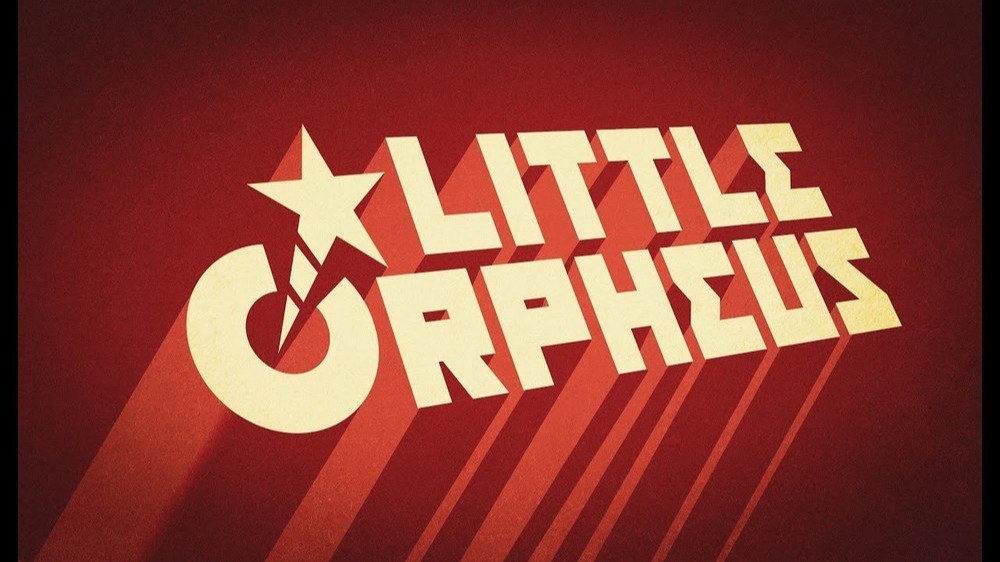
Little Orpheus - A Sweet Adventure for the Evening
Stories are something we all love: some to tell, some to listen to. Especially good are the stories that leave a pleasant aftertaste. But there's a problem with stories: you have to retell them either in their entirety or just the beginning, so as not to spoil the experience with spoilers. Some books do not have annotations. The primary reader's expectations should come from the author's name on the cover.
The situation with Little Orpheus is about the same. The game was made by The Chinese Room, a British studio which worked on Amnesia: A Machine for Pigs, which means they have experience in writing gripping scripts.
It's a regular platformer, tovarish!
In the case of Little Orpheus, there is no horror, but with humor. Little Orpheus is an ordinary side-scroller, without even a hint of breakthrough gameplay solutions. Throughout the game the protagonist will walk from left to right, jump on platforms, sometimes drag heavy objects, sometimes jump over vines, and sometimes have to run.
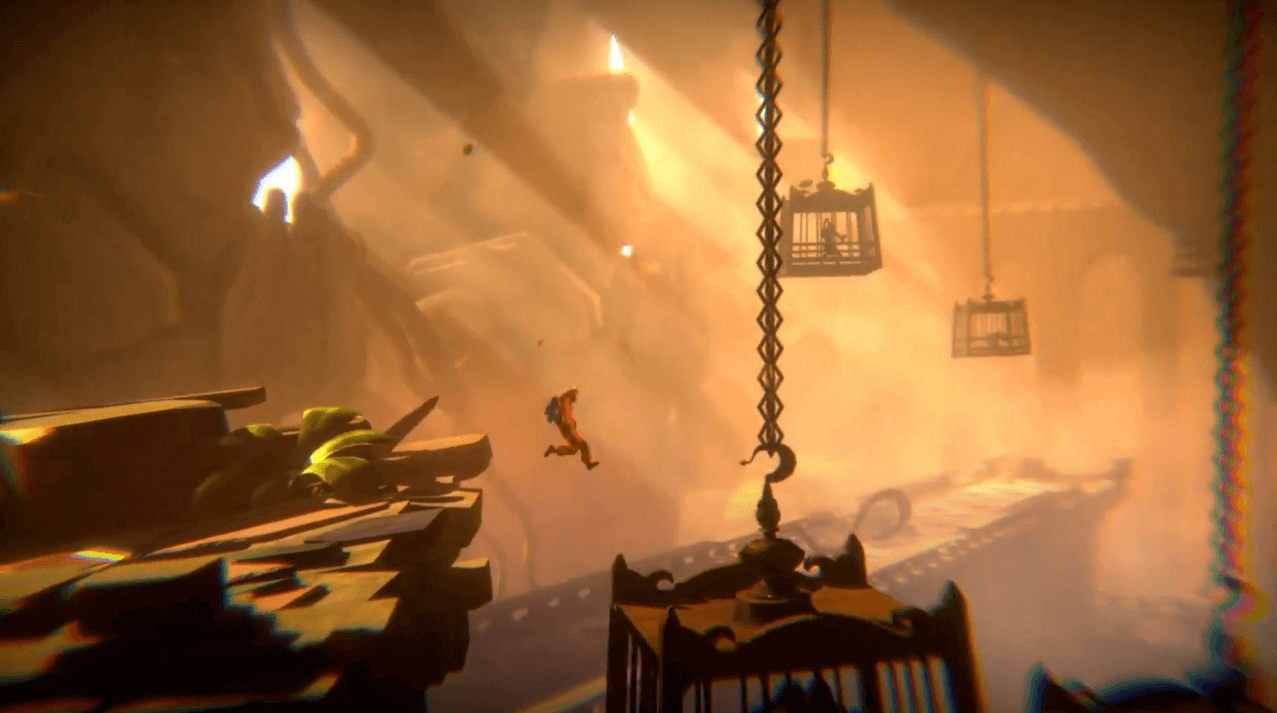
If you were looking for a platformer with interesting mechanics, you're in the wrong place. Little Orpheus has the most standard set of mechanics, invented back in the early nineties. But if history is important to you...
An unrecognized Soviet writer...
Little Orpheus takes place in 1962, during the Cuban Missile Crisis. The main character is Ivan Ivanovich. The game begins with an interrogation, where Ivan Ivanovich is accused of losing something very valuable during the expedition. This something valuable is the "Little Orpheus," an atomic installation.
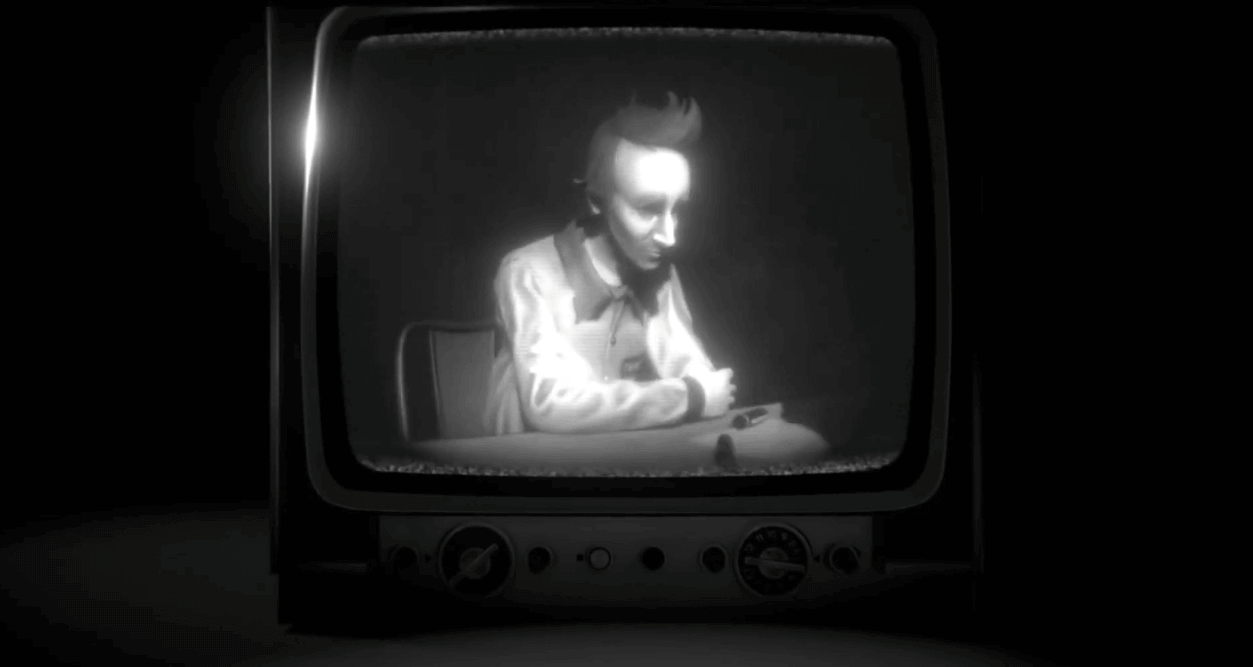
From the very first seconds, the players are given to understand that Ivan worked as a nedranaut. Like a cosmonaut, only he wasn't flying into space, but into the bowels of our Earth. Vanya's interrogation is conducted by the General, who brings us up to speed: the General talks about the fact that it turns out the Earth is hollow. It turns out that Ivan Ivanovich failed physical standards for admission to the nedranavty, and the written exam in general cheated. In general, Ivan is a cartoon Humpty Dumpty.
Ironically, it is Ivan Ivanovich who is entrusted with a very important expedition, which, of course, ends in complete failure and loss of the drilling rig somewhere near the core of the Earth. The expedition disappeared in 1959, and three years later Ivan appears in public in the Underground as if nothing had happened and tells people that he saved the world! KGB agents quickly get on the trail of the "hero" and set out to find out the whole truth.
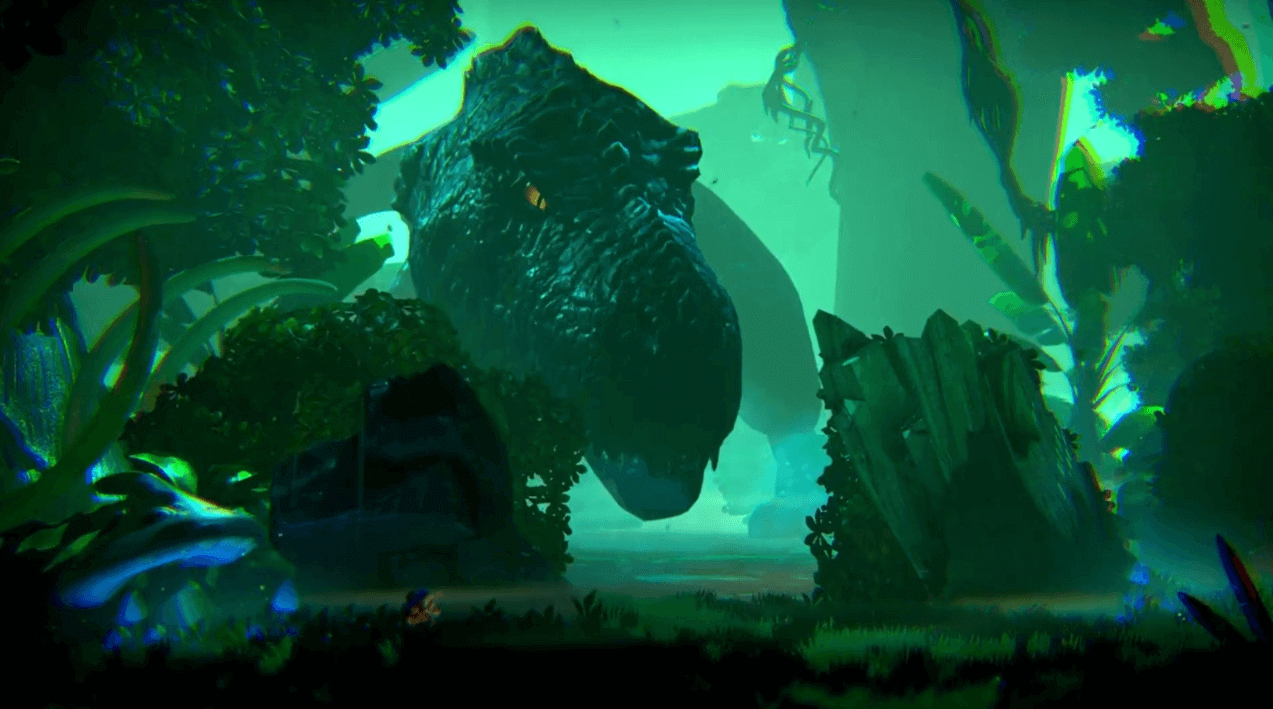
However, Ivan Ivanovich is not so simple, and during the interrogation he begins to tell tall tales, which makes the General terribly angry: then he tells that in the bowels of the earth live dragonflies the size of sheepdogs; then he talks about how he was swallowed by a whale, in which huge parasite worms live; then he passes through the desert in a week and comes across a marvelous city with pterodactyls. This same city, it turns out, builds itself with music...

In general, the interrogated Ivan Ivanovich is a breed of rare storytellers, and the General is a breed of rare Stoics, who are able to listen to all this...
What's the catch?
Perhaps the only features of Little Orpheus are the humor and the bushy cranberries. The general keeps threatening to shoot Ivan, and the narrator keeps referring to the fact that he is a Soviet man. From the main menu to the entourage, everything refers to the Soviet Union.
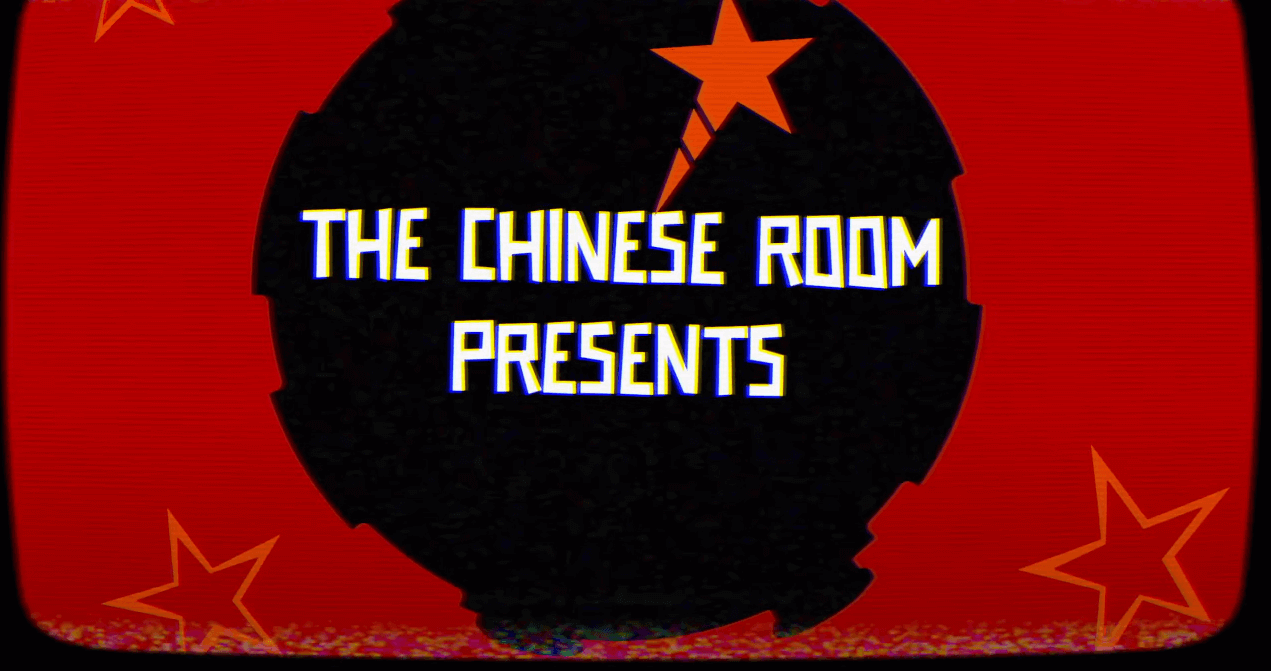
The lion's share of the game's interest is in Ivan Ivanovich's dialogue with the General. The conversation is funny, emotional, and, most importantly, resonates throughout most of the game. Little Orpheus consists of eight episodes, and with each chapter Ivan's antics get bolder and bolder, and the General becomes more and more impatient. Toward the end the General is already yelling at Ivan: where's Little Orpheus?!, Ivan answers every time that he almost got to the point, but every time he retreats into the derby of artistic descriptions...
And so the whole game... The developers did not just split Little Orpheus into episodes. Each episode cuts off at the most interesting place, and the announcer parodies the manner of TV shows to involve the audience in watching the next episode à la "Can Ivan Ivanovich get out of the whale's belly, and will the General's patience come to an end? - You'll find out in the next episode. All this accompanied by incessant Soviet Union humor, a cutting Russian accent and, of course, a Russian voiceover, but no translation. I guess this is a trick "The Chinese Room" picked up from Anthony Burgess in his book A Clockwork Orange.
Is Little Orpheus worth buying?
Little Orpheus is a classic indie platformer with no new ideas, but a nice delivery of the story. Games like Little Orpheus are regulars on PS Plus, GamePass, or Humble Bundle. Games like Little Orpheus are played like seeds, you pass, you forget.
While Little Orpheus is quite decently made, it's not the kind of game you'll remember for a long time. Suitable for the game without the fish. The story is only five hours long. I wouldn't single out Little Orpheus in any way - an average, but fun game for the evening.
